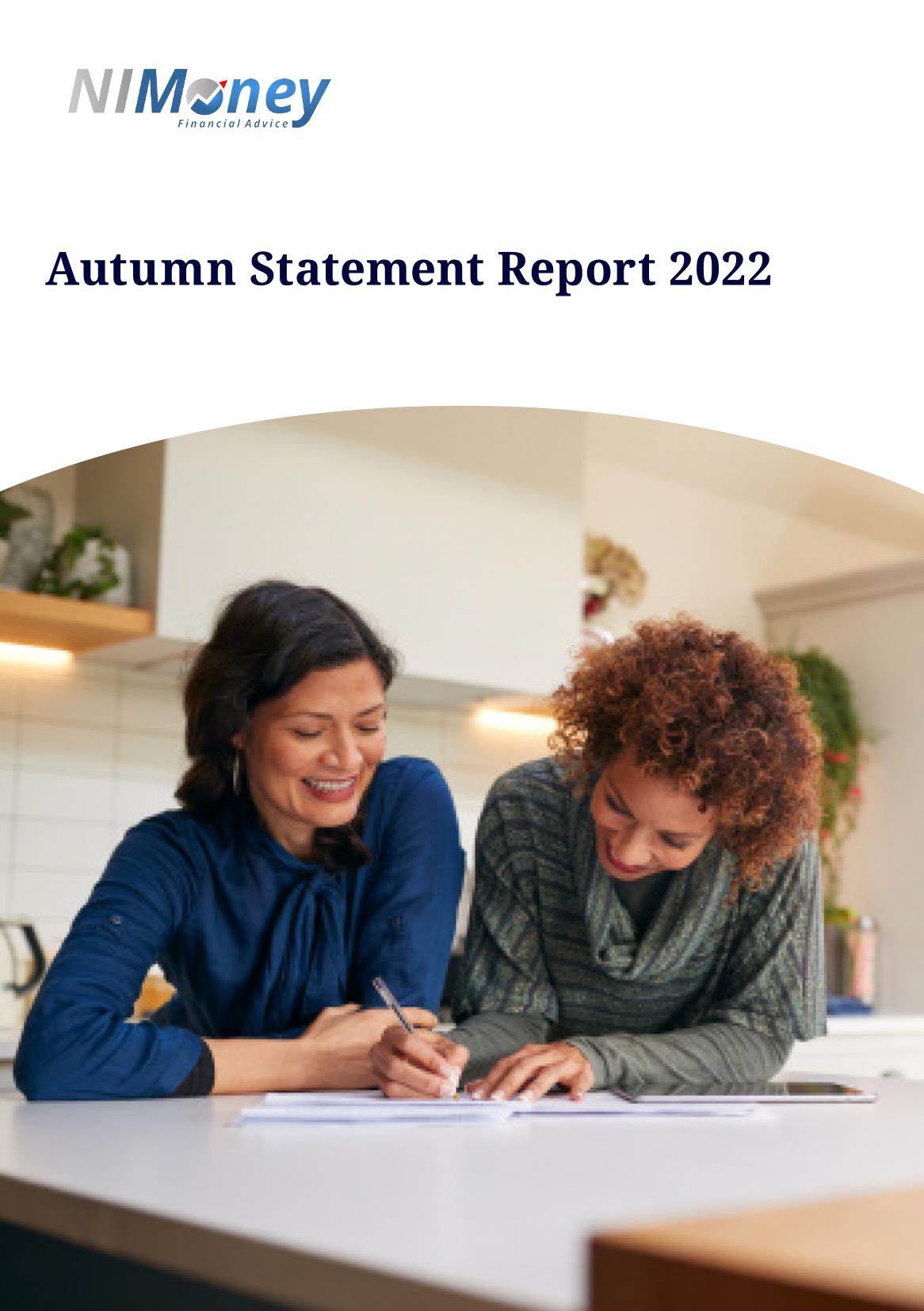The real reasons people take Professional advice
Russell Hathaway • 5 June 2018
In her new book, “Advice That Sticks: How To Give Financial Advice That People Will Follow”, Canadian neuropsychologist and executive coach Dr Moira Somers gives several reasons why people take advice:
- To reduce complexity. It is easy to become overwhelmed if you have lots of unfamiliar terms and information to assimilate. Experts help cut through the noise and understand what is relevant.
- To take action. Many people suffer “decisional paralysis”, particularly when they have too many choices. An expert helps avoid indecision and dithering.
- To save time. Delegating certain financial related tasks allows time and energy to be put to better use.
- To offload unpleasantness. There can be immense value in getting someone else to do bothersome and disliked financial tasks.
- To make someone else happy. There are some occasions, such as major life events, where seeking advice will be of indirect benefit to other people.
- To increase confidence. An expert can reassure you that you are on track to meet important financial goals, and help keep in check any over-confidence.
- To help make better trade-offs. An experienced adviser can help reconcile the disconnects between what you want and what you can afford.
- To receive encouragement. Changing long-standing money habits and behaviours can be hard to sustain. Being encouraged by someone who is on your side, and to whom you can be accountable, can keep you on track.
- To have someone to blame. Research suggests some people delegate primarily to cede responsibility and blame rather than purely to obtain good advice.
- To feel safer. Studies show the way our brains process information change when we make difficult financial decisions if we have the benefit of advice from an expert. In this situation, our brains look a lot more like when people feel a high level of trust and safety.
Source:
https://www.moneymarketing.co.uk/issues/24-may-2018/jason-butler-the-real-reasons-people-take-profes...

Our regular newsletter is available on our website to download. It is packed with articles, ideas and information to help you improve your financial well-being. To download your free copy, click here Articles - The value of advice - Cohabiting couples should make a Will - Why it makes sense to spread your investments - How has COVID-19 affected your retirement? - Home improvements to add value to your home - Want to avoid retirement remorse - Now could be a good time to remortgage To download your free copy, click here










